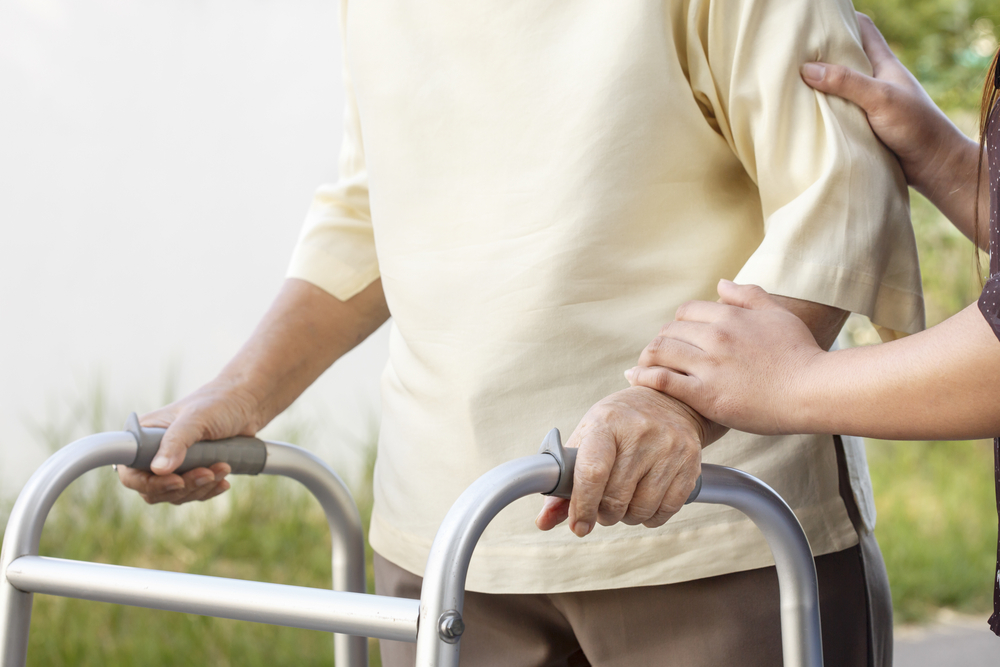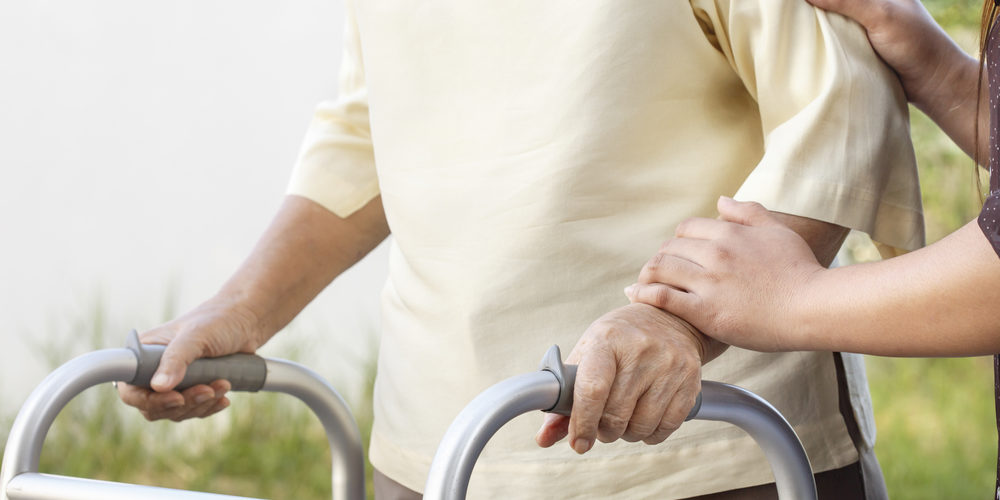 According to research by the National Alliance for Caregiving there are nearly 44 million family caregivers in the U.S. which is roughly 20 percent of the U.S. adult population. Providing care for an ill, disabled, or aging relative can be extremely rewarding, but also highly stressful. Caregiver stress takes its toll as “nearly half of the caregivers in the U.S. reported that their health worsened as a result of caregiving,” making it harder for them to care and provide for their loved ones.
According to research by the National Alliance for Caregiving there are nearly 44 million family caregivers in the U.S. which is roughly 20 percent of the U.S. adult population. Providing care for an ill, disabled, or aging relative can be extremely rewarding, but also highly stressful. Caregiver stress takes its toll as “nearly half of the caregivers in the U.S. reported that their health worsened as a result of caregiving,” making it harder for them to care and provide for their loved ones.
If you are currently a caregiver or are transitioning into the role of caregiver, be aware of certain emotions and physical symptoms of caregiver stress, including anger, frustration, exhaustion, sadness, abnormal weight gain or loss, new or increased physical pain, loss of interest in activities you normally enjoyed, and abuse of drugs (including prescription medication) and alcohol. These symptoms can be triggered by the major lifestyle changes associated with caregiving. For example, your living situation may change if you now need to live with the person for whom you are caring, or you may experience the financial strain of caregiving if you need to take a leave of absence from work in order to provide the appropriate level of care. Experiencing caregiver stress without addressing and appropriately managing it can be detrimental to your physical and emotional well-being.
If you start to experience the symptoms of caregiver stress, remember you do not have to struggle alone. To manage stress start with some of these simple suggestions:
- Start making lists and prioritizing tasks to help establish a daily routine and maximize your time.
- Accept help from friends and other family members. Your family and friends can be an invaluable support system. Your caregiving routing may be extremely time-consuming but be sure to set aside time to maintain relationships with those closest to you and don’t be afraid to ask them for help. Have them assist with simple tasks, like staying with your loved one for a few hours while you run errands on your own, or ask them to pick up groceries and cook some easy meals for you.
- Research caregiving and support resources in your community. Attending support groups can be a great source of encouragement and can provide strategies for the care of your loved one. They can also lead you to further caregiving resources and services that might be available to you, such as transportation, meal delivery programs and home health care services. You can start by researching your state or local Area Agency on Aging as well as non-profit and advocacy organizations designed to provide assistance for caregivers and their families.
- Monitor your personal health and see your doctor regularly. Nourish your body with healthy foods and stay physically active. Have your regular health screenings and be sure to tell your doctor about your caregiving routine and mention any concerns or symptoms of caregiver stress you may be experiencing.
Being a caregiver can be extremely demanding, both physically and emotionally. As the caregiver, you must remember to maximize the resources available to you in order to provide the best possible care for your family member, while also maintaining a high level of self-care. If don’t take care of yourself, you won’t be able to take care of others.
If you would like more information on support groups for patients with chronic illnesses or caring for a patient with acute or chronic illness, please contact Phyllis Macchio, NP, GNP of Mather Hospital’s Palliative Medicine Program.

